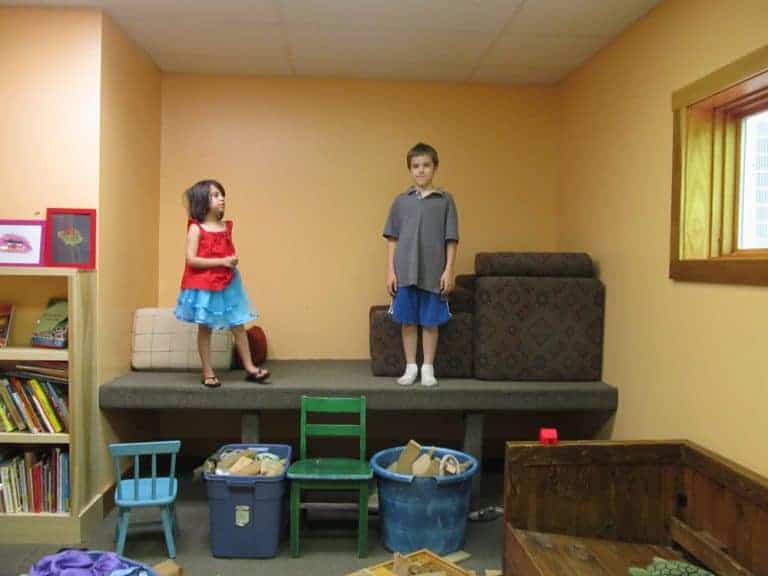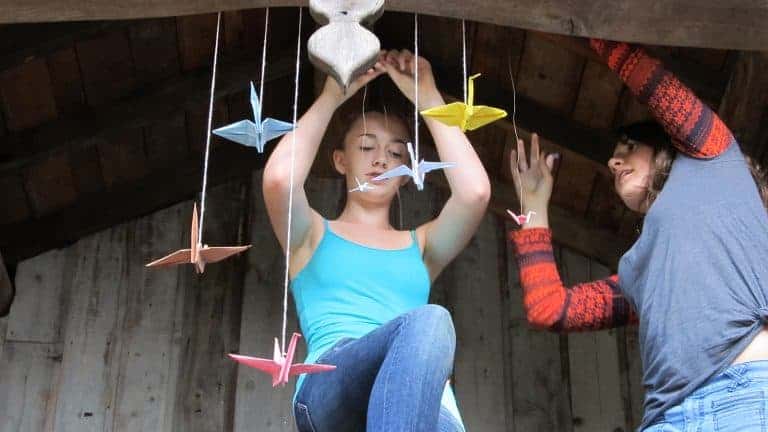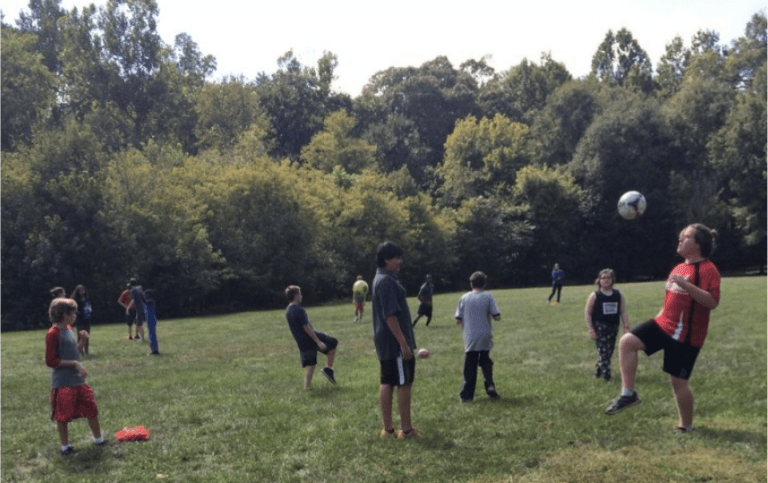Lessons in "No"
The Kitchen Corporation at Fairhaven School had organized its annual trip to serve sandwiches to the needy clients of the Lighthouse Shelter in Annapolis. With money they had raised by selling meals and cookies to fellow School Meeting members throughout the year, they had made thirty lunches, and their youngest, most enthusiastic member was chomping at the bit to go outside the office.
Then the staff member organizing the trip realized that the student had been recently referred to School Meeting and was, therefore, not allowed to go on field trips. Tempted to stave off his disappointment, my colleague considered writing herself up for violating the “no field trips when referred” policy and taking the consequences in JC ( Judicial Committee) afterwards. The student, all of seven years old, took the setback in stride, tears welling in his eyes, only asking for mint chocolate chip ice cream from their traditional post-service celebration, and here was another lesson in “no” for a Fairhaven School student.
As Megan McArdle wisely spoke about last month on campus, failure, in all its guises, is often the key to learning and success. One of the misconceptions about Fairhaven School is that students “always get to do whatever they want to do.” On the contrary, much like life, a student’s experience here encounters many nos. Every six weeks, we elect clerks for the JC, and we almost always have more candidates than positions. Candidates make speeches to School Meeting, and both staff and students ask honest questions about each person vying for the position. Many times, students who want to become clerks lose elections over and over before finally winning, most memorably one boy who literally took years before finally getting to serve. As is often the case, he became an excellent clerk after all of his unsuccessful bids.
“No” takes many shapes at school: your friends won’t play with you if you are unpleasant. The Diploma Committee will not graduate you if you do not adequately defend your thesis. You will not continue getting paid to clean the school by the Aesthetics Committee if you do not do your job well. You may not be able to join the basketball game if you would make the teams uneven. School Meeting will suspend you if the JC finds that you have violated a serious rule. After the early years of cringing and wanting to shelter students from these and countless other disappointments, I now recognize them as crucially beneficial. No means yes: a failure is an opportunity for growth, as mistakes offset and create achievements.
Talk at school last week centered on our graduation candidate. In an anomaly year with only one student seeking graduation, would he succeed? Two colleagues are serving this year on Diploma Committees at sister schools (Hudson Valley Sudbury School and Sudbury Valley School), and we were discussing the graduation process in the kitchen when the young man joyfully ate his ice cream, leaving a green mustache in the process. After his disappointment, his day had unfolded with many other activities, some successful and some not. Of course, parents enroll their children here also because a Fairhaven School student experiences countless yeses: you can direct the school play; you are elected JC Clerk; you do graduate; you can sit in the waterfall at the stream; you can play Hunters and Prey with your friends; you can do math when you are ready. The list is as lengthy and as varied as the students roaming the campus, and the bottom line is that you can live your life on your terms and assume responsibility for all of it. Nevertheless, the constant possibility and existence of “no” make the remarkable process complete.
Mark McCaig
May, 2014


